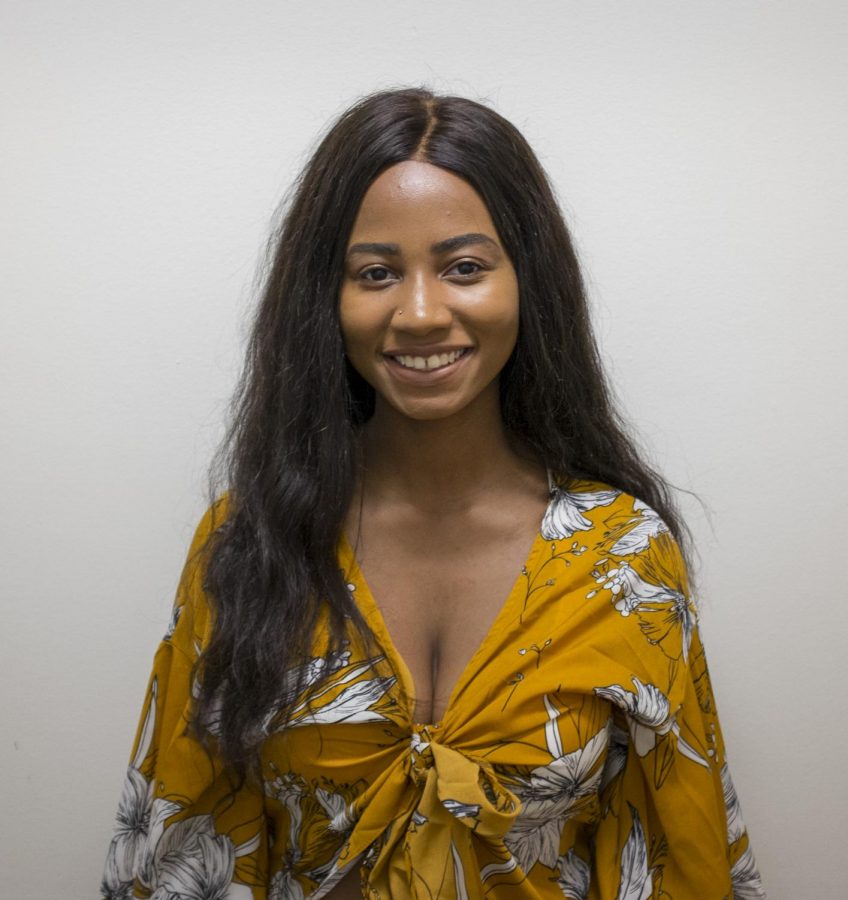Content Warning: this article discusses the sexualization of children of color.
I was eight years old the first time I got catcalled. When I was 11, I didn’t wear shorts in front of my house because I had a next-door neighbor who would lick his lips when I walked past his apartment. Time and time again, I was forced to become aware of my changing body without my consent. This is not to say I had a banging body as a kid — how I looked, especially when I was underage, was not in my control. If anything, I shouldn’t have had to feel so self-conscious as a literal child. These instances of harassment had nothing to do with how I actually looked, but everything to do with a culture of not allowing black children to be children.
We see this not only in the treatment of black girls but of black boys also — specifically victims of police brutality. In the media, children as young as 12-year-old Tamir Rice have been described as “less innocent than white kids.” Rice and other young boys of color are seen as older while living under a system that notoriously criminalizes black men. In the case of both sexualization and criminalization, black children are seen as less wholesome or innocent than their white and other non-black counterparts. This consistent pattern needs to be acknowledged by minority communities and society as a whole in order for change to occur.
Assumptions we make about race and body are the drivers of the sexualization of black children. The assumption that all black women are supposed to have fat asses normalizes the idea that it’s okay to talk about a child one day having a fat ass. A 2017 Georgetown Law Center on Poverty and Inequality study reported that black girls are seen as “less innocent and more adult-like” and “perceived to know more about adult topics and are more knowledgeable about sex” than their white peers.
Now you might be thinking, “Cheyenne, why are you making this about race? Sexualization happens to white girls too.” Well, you must be new here, Becky, so welcome. These perceptions specifically against black children lead to abuse and, with Rice’s case, murder at the hands of those in power. It even affects us in ways that aren’t explicitly violent or sexual.
An example of this is the treatment of actor Quvenzhané Wallis. After her Oscar nomination and subsequent appearance at the event in 2013, satire website The Onion published a tweet that referred to Wallis as a c-nt. She was nine. While people argued that it was satirical, I don’t doubt that these very same people would have had a fit if a preteen Dakota Fanning had been referred to in that way. A year later, during an interview for her film “Annie,” Wallis was asked if she ever saw the original as a little girl. She famously responded, “Well, I’m still a little girl.” She was 11 at the time.
The problem then becomes not just the overt sexualization of black kids but the expectation that they too should conform to this system that treats them like adults. The first incidents of sexual harassment that I experienced as a child were unfortunately not going to be the last. As I got older, I realized that comments like, “she’s filling in nicely,” “if only I were a few years younger” and “you have a woman’s hips” are not appropriate things to say to little girls. These comments have come from strangers, teachers and even relatives. People who I considered close to me were actively a part of a bigger problem that has sadly not been as acknowledged as it should be.
While women and femmes all experience commodification of our bodies under the patriarchy, being a person of color exacerbates that oppression. There’s no grace period in which we’re considered off-limits from predatory behavior because we’re never considered innocent. We need to learn how to call out these behaviors when they happen and to continue calling them out until our communities hear the message loud and clear. If we want to aspire to raise our own children better than our parents did, then this vicious cycle of sexualization and criminalization needs to stop with us. In other words, we need to let little black girls be just that: little girls.
Identity of Love is a column devoted to exploring the ups and downs of navigating love, sex and relationships for those whose narratives have historically been pushed to the margins.
Cheyenne Porcher is a sophomore in the Gallatin School of Individualized Study. Email Cheyenne at [email protected].
Opinions expressed on the editorial pages are not necessarily those of WSN, and our publication of opinions is not an endorsement of them.

























































































































































